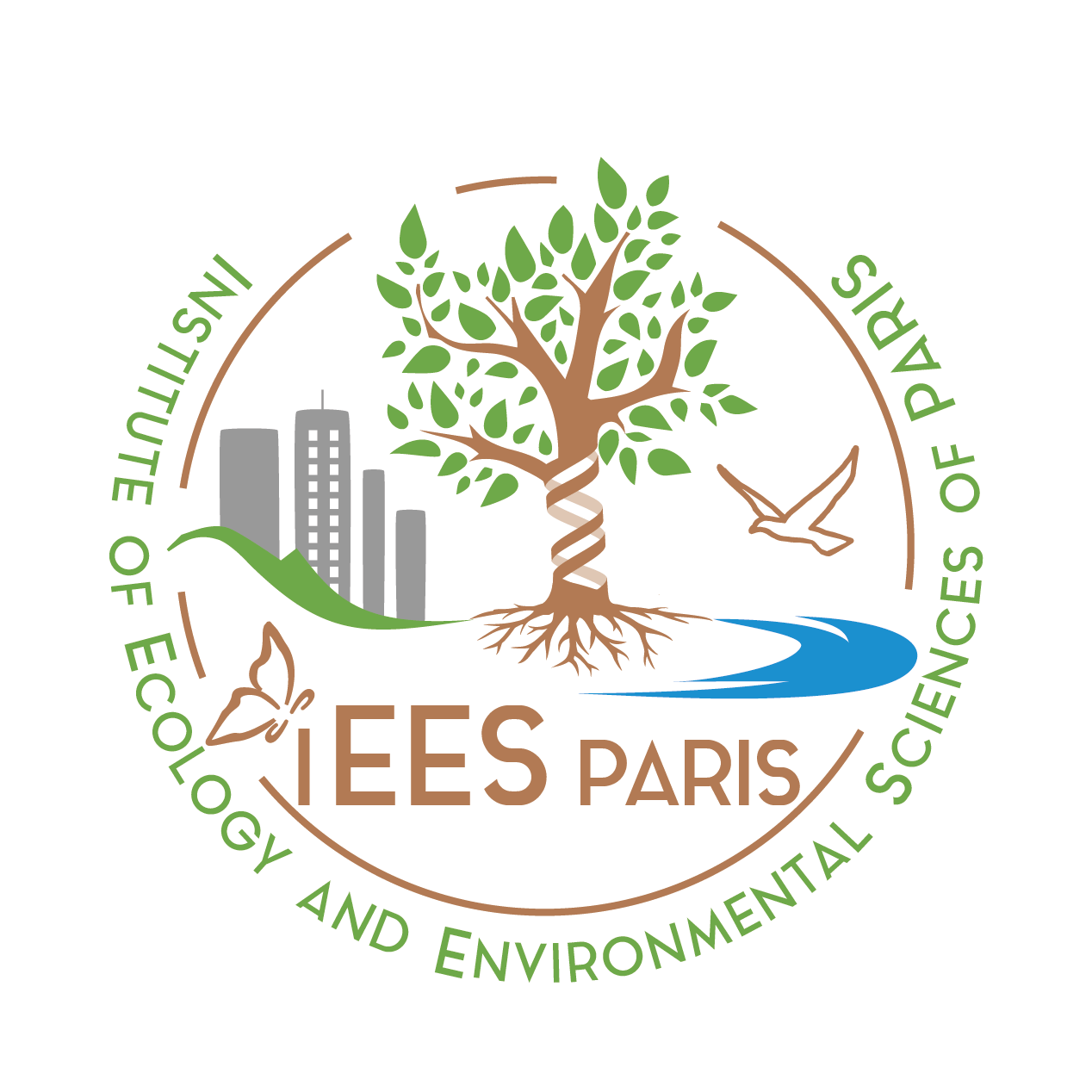François DUCHENNE, doctorant Sorbonne Université dans l’équipe EERI du département DCFE, vous convie à la soutenance de sa thèse :
« Global change effects on the temporal dynamics of biodiversity,
from species to communities.
The example of plants and pollinators in Europe »
Le jury sera composé de :
- Luc ABBADIE, Professeur Sorbonne Université, examinateur
- Igniazi BARTOMEUS, Researcher EBD-CSIC, rapporteur
- Colin FONTAINE, Chargé de recherches CNRS, directeur de thèse
- Franck JABOT, Directeur de recherches INRAe, rapporteur
- Emmanuelle PORCHER, Professeure MNHN, invitée
- Ophélie RONCE, Directrice de recherches ISEM, examinatrice
- Elisa THEBAULT, Chargée de recherches CNRS, directrice de thèse
La soutenance aura lieu mercredi 25 novembre 2020 à 14h
? Lien de la visioconférence
Résumé :
Dans notre monde en mutation, la compréhension de comment les changements environnementaux affectent la biodiversité, des espèces aux communautés, est l’un des principaux défis de l’écologie. Cependant, les séries temporelles de données historiques sur la biodiversité étant rares, et souvent biaisées à bien des égards lorsqu’elles existent, remonter le temps pour savoir comment les assemblages d’espèces et leurs fonctions connexes ont été affectés par les changements globaux au cours des dernières décennies reste un enjeu majeur. Dans cette thèse, nous avons étudié comment les changements globaux affectent les dynamiques temporelles des assemblages d’espèces, en utilisant la pollinisation comme modèle d’étude et en superposant des analyses de jeux de données empiriques et des modèles théoriques. Nos travaux fournissent un ensemble d’approches pour tenter de démêler les relations complexes entre les moteurs des changements globaux et les changements de la biodiversité, des espèces aux communautés.
Abstract :
In our changing world, understanding the cost of environmental changes for species and communities is one of the major challenges of ecology. However, as time series of historical data on biodiversity are rare and often biased in many ways when they exist, turning back the clock to know how species assemblages and their related functions have been affected by global change over the last decades remain a challenge. Here we focused on how species assemblages have been affected by global change, using pollination as a study model and merging analysis of empirical datasets and theoretical approaches. First, we characterized the responses of numerous species to global changes over time: shifts in geographic range and phenology as well as shifts in occupancy, a proxy of species abundance and persistence. By studying temporal dynamics of species response and global change drivers instead of using space-for-time substitution, we were able to assess relative contributions of several global change drivers in those species responses. We highlighted that agricultural intensification and urbanization were the most important drivers of changes in bee and plant occupancies. Our results also suggest that climate warming is a new threat for biodiversity, which is now on par with agricultural intensification and urbanization. In addition, we found that insufficient geographic range shifts led to a decoupling between species historical climatic conditions and their geographic range, which is costly for northern European plants, providing original evidences of the climatic debt assumption. We also showed that changes in occupancy and phenological shifts jointly affect the seasonal structure of pollinator communities, leading to an earlier and shorter pollination season, with lower abundance of pollinators, compared to historical communities. We then investigated how modification of this seasonal structure could affect plant-pollinator interaction networks by using dynamic models. This theoretical approach allowed us to highlight the positive impact of the seasonal structure on diversity maintenance in pollination networks, by balancing competition and facilitation. We also highlighted mechanisms that promote network stability to phenological shifts. Our work provides a set of approaches to try to untangle the complex relations between global change drivers and changes in biodiversity, from species to communities.






